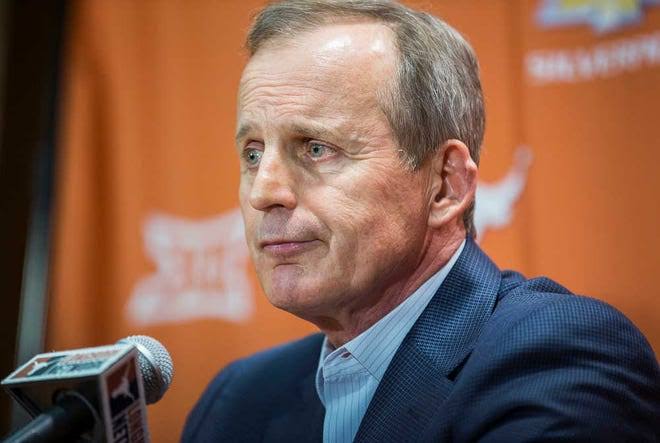In March 2015, after 17 years at the helm of the University of Texas men’s basketball program, Rick Barnes delivered an emotional farewell, confirming his departure from the Longhorns. Fighting back tears during a 40-minute press conference, Barnes emphasized the significance of relationships over victories and defeats, stating, “The wins and losses are fleeting, but it’s the relationships that matter.”
Barnes revealed that following Texas’s early exit from the NCAA Tournament, Athletic Director Steve Patterson initially assured him of his return for the next season. However, circumstances changed, and Barnes was presented with an ultimatum: dismiss members of his coaching staff or face termination himself. Barnes chose loyalty to his team, refusing to sacrifice his assistants to save his position. He remarked, “I couldn’t do that. That would be me saying this is about me. I’ve been carried by a lot of people here. We’re in this together.”
Reflecting on his tenure, Barnes expressed gratitude for the players and staff who had been part of his journey. He highlighted the program’s achievements, including 16 NCAA Tournament appearances, three Big 12 titles, and a Final Four run in 2003—the school’s first in over half a century. Under his leadership, Texas produced NBA talents like T.J. Ford, Kevin Durant, and LaMarcus Aldridge. Ford, present at the press conference, praised Barnes for his vision in transforming Texas basketball, stating, “He sold me on making an impact and changing the culture of basketball at the University of Texas and the entire state.”
Despite the emotional departure, Barnes harbored no bitterness. He acknowledged the natural ebb and flow of a coaching career, saying, “You want the fairy tale ending. You want it all to end right. Sometimes you don’t get what you want in life.” At 60, Barnes expressed a desire to continue coaching, leaving open the possibility of future opportunities.
Barnes’s legacy at Texas is marked by a commitment to his players and a dedication to the program’s growth. His departure underscored the often challenging decisions coaches face, balancing personal integrity with professional demands. As he concluded his tenure, Barnes remained focused on the relationships built over nearly two decades, reinforcing the idea that in sports, it’s the people who leave a lasting impact.









